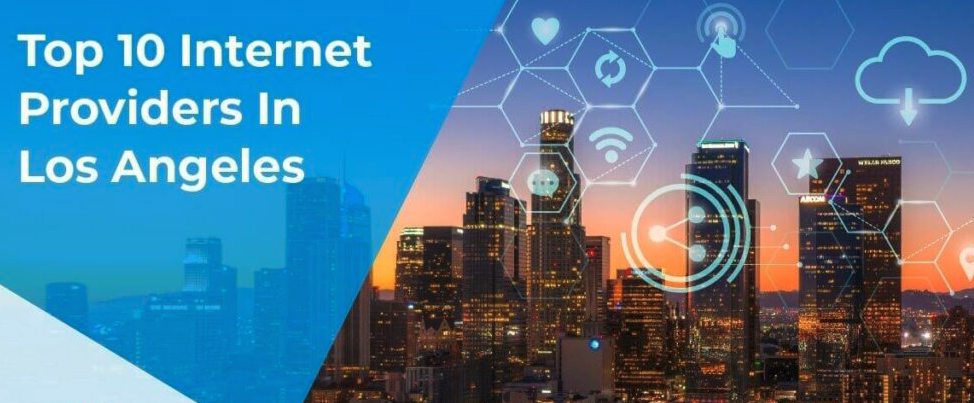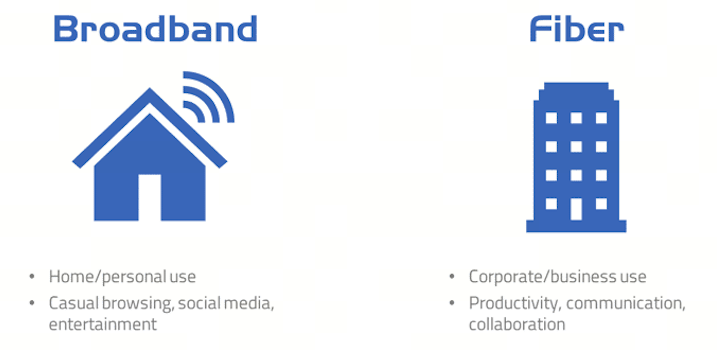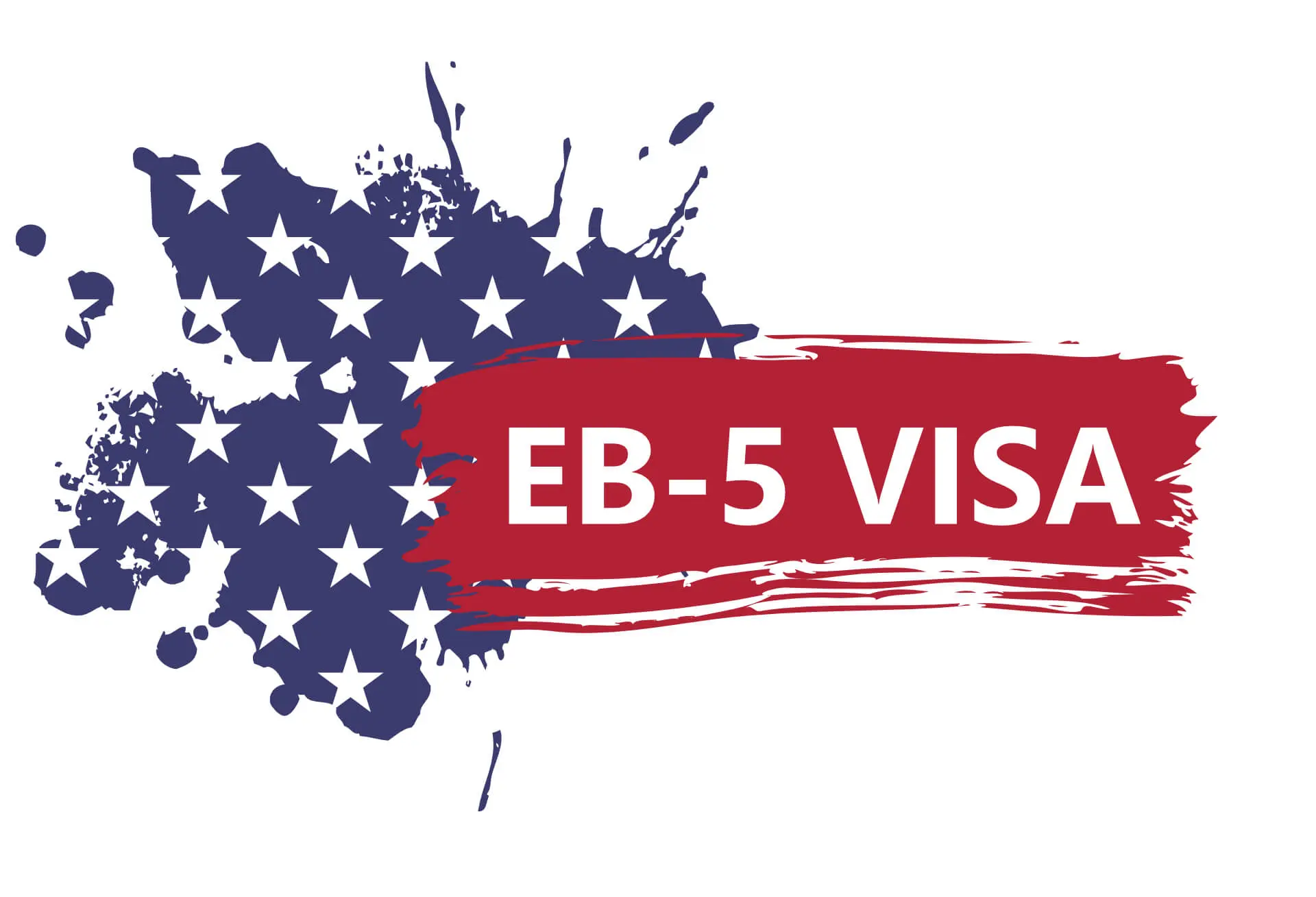
The Business Impact of Internet Downtime
Unreliable internet can cripple operations. According to a survey by ITIC, 98% of organizations say just one hour of downtime costs over $100,000. Below is a breakdown of potential losses due to internet disruptions:
| Downtime Duration | Estimated Cost for SMBs | Estimated Cost for Enterprises |
|---|---|---|
| 1 Hour | $10,000 - $50,000 | $100,000+ |
| 4 Hours | $50,000 - $200,000 | $500,000+ |
| 1 Day | $200,000+ | $1 Million+ |
High-speed business internet with service-level agreements (SLAs) can prevent these losses, offering guaranteed uptime of 99.9% or better.
Top Features to Expect from Leading Business Internet Providers
Today's business internet services are not just about speed. Companies want full-spectrum features such as:
- Dedicated bandwidth that ensures consistent performance
- Symmetrical upload/download speeds for real-time collaboration
- Static IP addresses for secure remote access and hosting
- 24/7 technical support tailored to business needs
- Redundant infrastructure for uninterrupted service
Leading providers like AT&T Business, Comcast Business, and Spectrum Enterprise offer scalable plans tailored to everything from startups to multinational corporations.
Regional Differences in Business Internet Services
Not all business internet options are created equal, and availability often depends on your location. Rural areas may still struggle with outdated DSL connections, while urban businesses enjoy fiber gigabit speeds.
Here’s a quick comparison of internet types:
| Connection Type | Speed Range | Availability | Reliability |
|---|---|---|---|
| DSL | 5–100 Mbps | High (rural too) | Moderate |
| Cable | 25–1,000 Mbps | Very High | High |
| Fiber | 250–5,000+ Mbps | Medium (urban) | Very High |
| Satellite | 12–100 Mbps | Global | Low (latency) |
Business fiber internet is the gold standard, but even cable business internet offers a viable upgrade from consumer-grade alternatives.
Hidden Costs and Contracts with Commercial Internet Providers
It’s not all smooth sailing. Many commercial internet providers lock businesses into long-term contracts with penalties for early termination. Others may charge extra for services like:
- Additional IP addresses
- Managed routers
- Network monitoring
- SLAs beyond a certain tier
Reading the fine print in your business internet contract can save thousands annually.
Security and Compliance: A Non-Negotiable for Modern Businesses
With cyber threats rising, secure business internet is no longer optional. Providers now bundle cybersecurity tools such as:
- Firewalls
- DDoS protection
- Intrusion detection systems (IDS)
- VPN integration
Industries like healthcare and finance should prioritize compliant internet providers that support regulations like HIPAA and PCI DSS.
Who's Winning the Market: Top Business Internet Providers in 2025
Here's a snapshot of the top-ranked business internet providers based on customer satisfaction and performance:
| Provider | Speed Offering | Customer Support Rating | Best For |
|---|---|---|---|
| Comcast Business | Up to 1 Gbps | ★★★★☆ | Medium to large businesses |
| AT&T Business | Up to 5 Gbps (Fiber) | ★★★★★ | Enterprise-level operations |
| Verizon Fios | Up to 940 Mbps | ★★★★☆ | Tech-heavy companies |
| Spectrum Business | Up to 1 Gbps | ★★★★☆ | Small businesses |
| Frontier Business | Up to 2 Gbps (Fiber) | ★★★☆☆ | Rural or low-competition areas |
Final Thought: Choosing the Right Business Internet Provider
There’s no one-size-fits-all solution. The ideal business internet provider depends on your industry, size, location, and specific needs. But one thing’s universal: cutting corners on internet services can cost far more than paying for premium connectivity.









